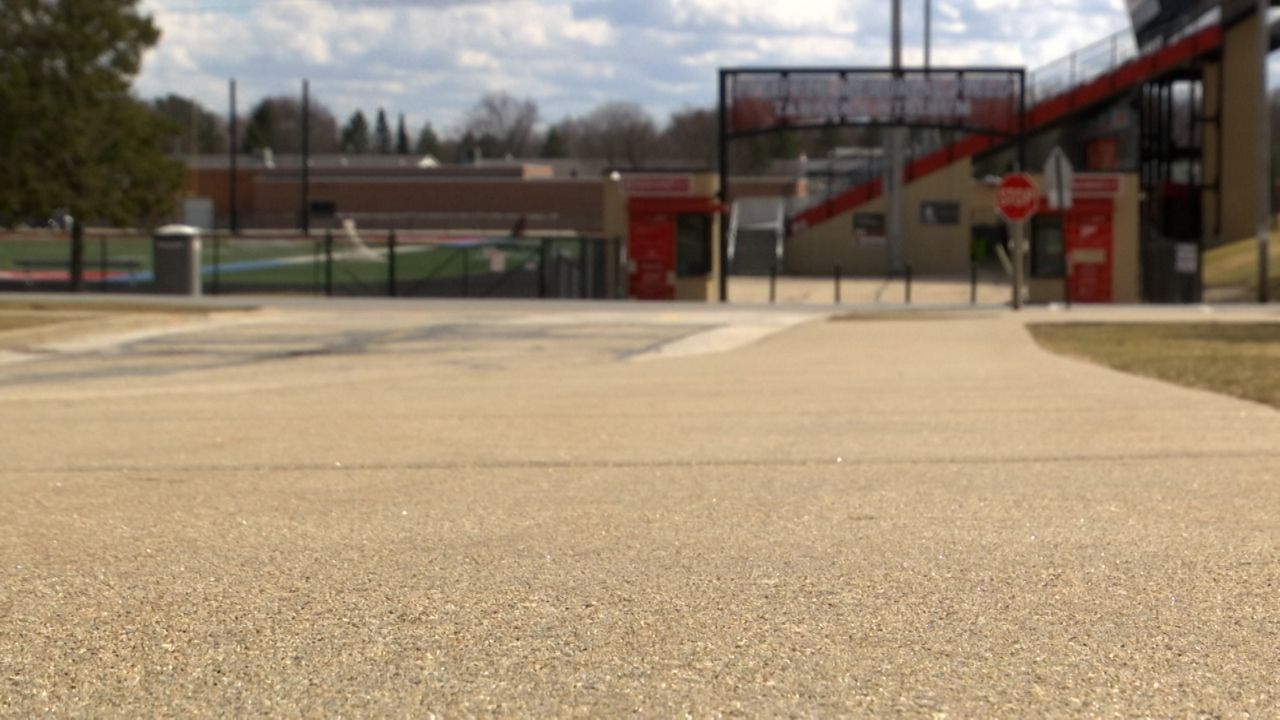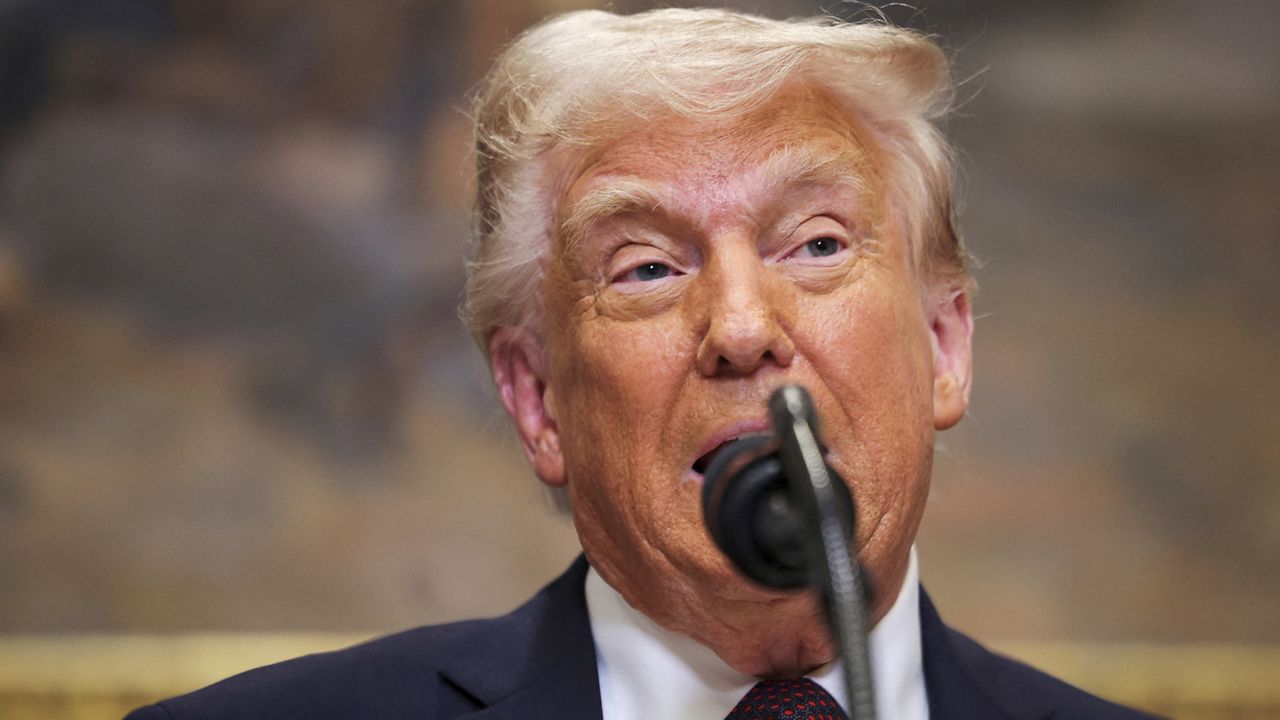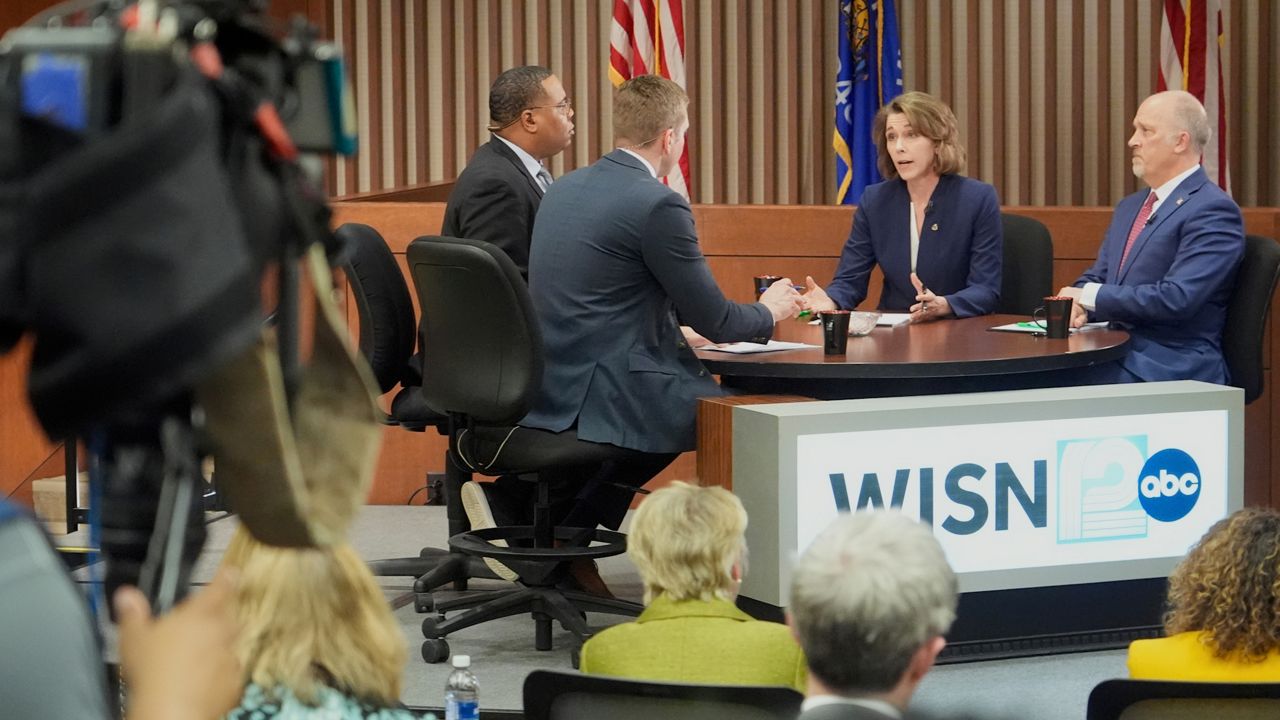MADISON, Wis. — Language barriers often pose challenges in patient care, but UW Health’s linguistics team is helping to close the gap. Recently, the team has been seeking more individuals to join the program.
Payton Zuniga, a Honduran-born, U.S.-educated Spanish speaker, started her journey at UW Health scheduling pediatric patients. Zuniga said she always felt she could offer more.
“I was limited to what I could actually really do and how much I could actually help the patients,” she said. “As an interpreter, I can actually see more into the lives of the patients and what’s going on. And I felt that I kind of wanted to do more for them and be more helpful.”
Determined to make a greater impact, Zuniga studied and became a certified medical interpreter at UW Health. Now, she meets with patients in person, by video, and over the phone, handling complicated health care conversations about everything from lab results to treatment options.
The number of patients who use services is high.
“So on average every month, we serve about 9,000 patients, encounters that need interpreters’ services. So this would be about 9,000 interpreter requests,” said Shiva Bidar, UW Health vice president and chief diversity officer.
The leader started the interpreter department two decades ago, and it has continued to grow.
“Our highest kind of language requests after Spanish and sign language is Hmong, Chinese, Mandarin and Arabic,” Bidar said.
Zuniga, passionate about medical translation, said the career is like “free medical school.”
“We don’t just see like one specific thing. We get infants, we get teens, we get adults, we get elderly folks and stuff as well. So we get a mix of everything,” she said.
Those interested in a career as a UW Health medical interpreter can learn more, here.










